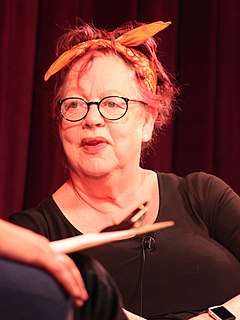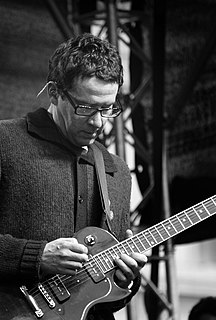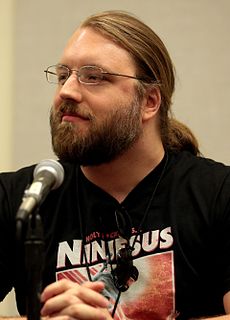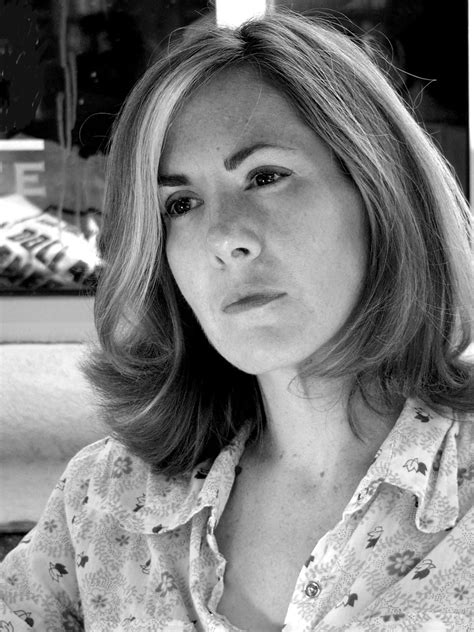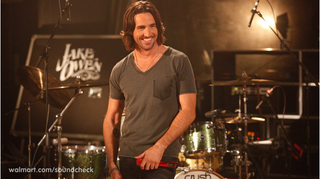A Quote by Kate Zambreno
On the whole, most biographies about literary women tend to diagnose them.
Related Quotes
I have observed that male writers tend to get asked what they think and women what they feel," she says. "In my experience, and that of a lot of other women writers, all of the questions coming at them from interviewers tend to be about how lucky they are to be where they are – about luck and identity and how the idea struck them. The interviews much more seldom engage with the woman as a serious thinker, a philosopher, as a person with preoccupations that are going to sustain them for their lifetime.
I know there are certain men that hate women or don't like women, and in order to make women feel small, they tend to isolate them when they bully them. And women are often humiliated by it and feel they can't do anything about it. So my advice to women would be: there's always support around for those sorts of things and if you feel you're isolated in any way, or being bullied, you must talk to someone about it.
Most men love women. Most men are intrigued and bedeviled by them. Most men spend their lives dreaming about women. It's the most natural, normal thing in the world to do, but here comes the left and the Democrat Party trying to politicize even male-female relationships by inculcating into them things like feminism, proper political behavior.
It turns out that a lot of women just have a problem with women in power. You know, this whole sisterhood, this whole let's go march for women's rights and, you know, just constantly talking about what women look like or what they wear, or making fun of their choices or presuming that they're not as powerful as the men around. This presumptive negativity about women in power I think is very unfortunate, because let's just try to access that and have a conversation about it, rather than a confrontation about it.



